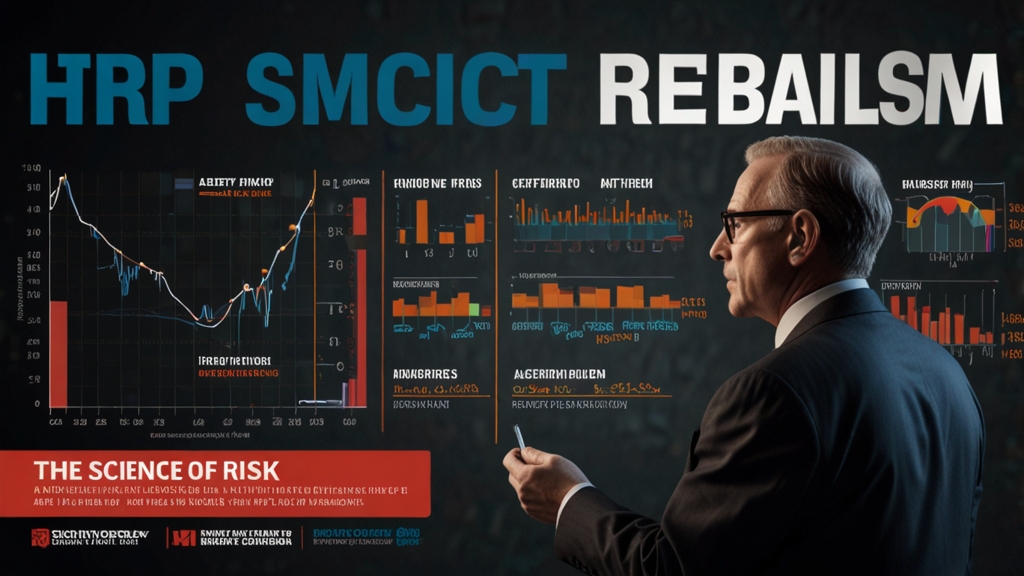The Surprising Influence of the Old Testament on Modern Governance
The Old Testament, a collection of ancient religious texts central to Judaism and Christianity, has had an indelible impact on various aspects of society, including modern governance. While some might perceive these texts as purely religious or historical documents, a closer examination reveals that they have imparted profound wisdom on law, justice, and governance that resonates to this day. This article explores how the teachings and narratives of the Old Testament have played a critical role in shaping contemporary political thought and institutional frameworks.
The Concept of Justice and Law
One of the most striking influences of the Old Testament on modern governance is its concept of justice and law. The Mosaic Law, as outlined in the Pentateuch (the first five books of the Old Testament), provides a comprehensive legal framework that addresses various aspects of human conduct and societal organization. The Ten Commandments, in particular, have become foundational moral imperatives in many cultures.
"You shall not murder. You shall not commit adultery. You shall not steal." (Exodus 20:13-15)
These commandments underscore the importance of personal ethics, which have been integrated into modern legal systems. Additionally, principles like the presumption of innocence and the need for witnesses in legal proceedings (Deuteronomy 19:15) are cornerstones of contemporary judicial systems.
The Notion of Human Rights
The Old Testament also provides early insights into the notion of human rights and the inherent dignity of individuals. For instance, the idea that all humans are created in the image of God (Genesis 1:27) suggests an intrinsic value and equality among people. This concept laid the groundwork for later philosophical and legal developments concerning human rights and egalitarianism. Modern democratic governance systems champion these principles through constitutions and international human rights conventions.
"So God created mankind in his own image, in the image of God he created them; male and female he created them." (Genesis 1:27)
The Role of Leadership
The Old Testament also provides numerous lessons on leadership, emphasizing qualities like wisdom, justice, humility, and the responsibility leaders have toward their people. The stories of Moses, David, and Solomon, for example, offer various models of leadership that continue to influence political thought. The notion that leaders should be servants to the people and exercise power with wisdom and justice is deeply ingrained in democratic governance.
"Give your servant, therefore, an understanding mind to govern your people, that I may discern between good and evil." (1 Kings 3:9)
This plea of Solomon for wisdom rather than riches or power underscores the value of thoughtful and principled leadership, a trait still prized in modern political systems.
The Social Contract and Covenant
The concept of a social contract, central to modern democratic theory, can also be traced back to Old Testament ideas of covenant. The covenant between God and the Israelites at Mount Sinai (Exodus 19-24) is one of mutual obligation, where both parties enter into an agreement that benefits the whole. This has parallels with modern governance structures, where the state and its citizens engage in a social contract that ensures mutual responsibilities and rights.
Conclusion
The Old Testament’s influence on modern governance is both surprising and profound, offering early articulations of justice, law, human dignity, leadership, and covenant that continue to resonate today. While the world has evolved significantly since these texts were written, the timeless principles they convey remain relevant, informing and enriching the political and legal landscapes of contemporary society. By recognizing and appreciating this influence, we gain a deeper understanding of the enduring wisdom contained within these ancient scriptures and its application in our current era.









